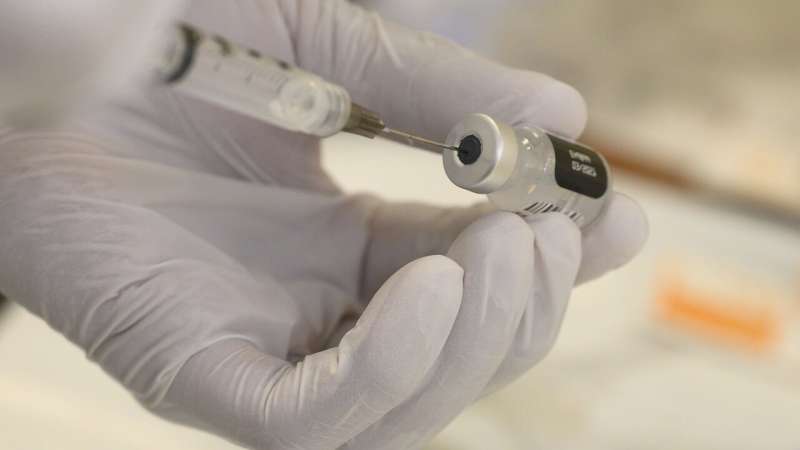Global Research Finds Creative Engagement Can Slow Brain Aging

Research shows that engaging in creative activities such as arts, music, and gaming can slow brain aging and enhance cognitive health, offering a promising strategy for healthy aging and neuroprotection.
A comprehensive international study published in Nature Communications reveals that engaging in creative activities such as music, dance, visual arts, and interactive video games can significantly slow down brain aging and enhance cognitive health. Conducted by researchers from 13 countries, including Trinity College Dublin, the study analyzed brain data from over 1,400 participants, ranging from professional artists and dancers to casual learners and non-experts.
The research demonstrates that sustained involvement in creative pursuits correlates with 'younger' brain profiles. Even short-term training sessions showed measurable cognitive benefits, highlighting that you don't need to be an expert to experience protective effects on brain health. Dr. Agustin Ibanez from Trinity College Dublin stated that creativity is emerging as a crucial factor in maintaining brain vitality, comparable to physical exercise and diet.
One of the novel concepts explored in this study is the use of 'brain clocks,' which are biomarkers that assess the biological age of the brain. Findings indicated that creativity positively influences these brain clocks, especially in regions vulnerable to neurodegeneration like the hippocampus, prefrontal cortex, and parietal areas. Brain network efficiency and connectivity were found to improve with creative engagement, mechanisms that underpin neuroprotection.
The implications of these findings extend to public health and policy. They suggest that integrating creative activities into daily routines can serve as a low-cost, accessible strategy to promote brain health across the lifespan. The research also indicates that brain clocks can be valuable tools not only for diagnosing risks but also for monitoring positive, resilience-enhancing experiences.
As Dr. Ibanez put it, societies should embrace a broader view of healthy aging, emphasizing the role of creativity, arts, and play. With hobbies ranging from dance to digital gaming, everyone has opportunities to support brain resilience through enjoyable, meaningful activities.
Overall, this research opens new pathways for developing interventions that leverage creativity to prevent cognitive decline and promote brain health, emphasizing that engaging the mind creatively is a powerful, accessible approach to aging well.
Stay Updated with Mia's Feed
Get the latest health & wellness insights delivered straight to your inbox.
Related Articles
Public Health Support: The Key to a Healthier Future for the Nation
Investing in public health is crucial for ensuring a healthier future, reducing disease, and saving lives. Recent funding cuts and vaccine debates threaten these vital protections. Learn why public health supports longevity and well-being.
Are Continuous Glucose Monitors Necessary for Everyone?
Explore the rising popularity of continuous glucose monitors among healthy individuals. Learn when these devices are beneficial and why they may not be necessary for everyone. Source: https://medicalxpress.com/news/2025-07-glucose-vogue-track-blood-sugar.html
Understanding Three-Person Embryos: A Scientific Breakthrough and Its Limitations for LGBTQ+ Families
Recent advancements in mitochondrial replacement therapy have enabled the birth of babies conceived with three DNA sources, but this development mainly offers medical solutions for mitochondrial diseases and doesn't significantly impact LGBTQ+ family-building options.



